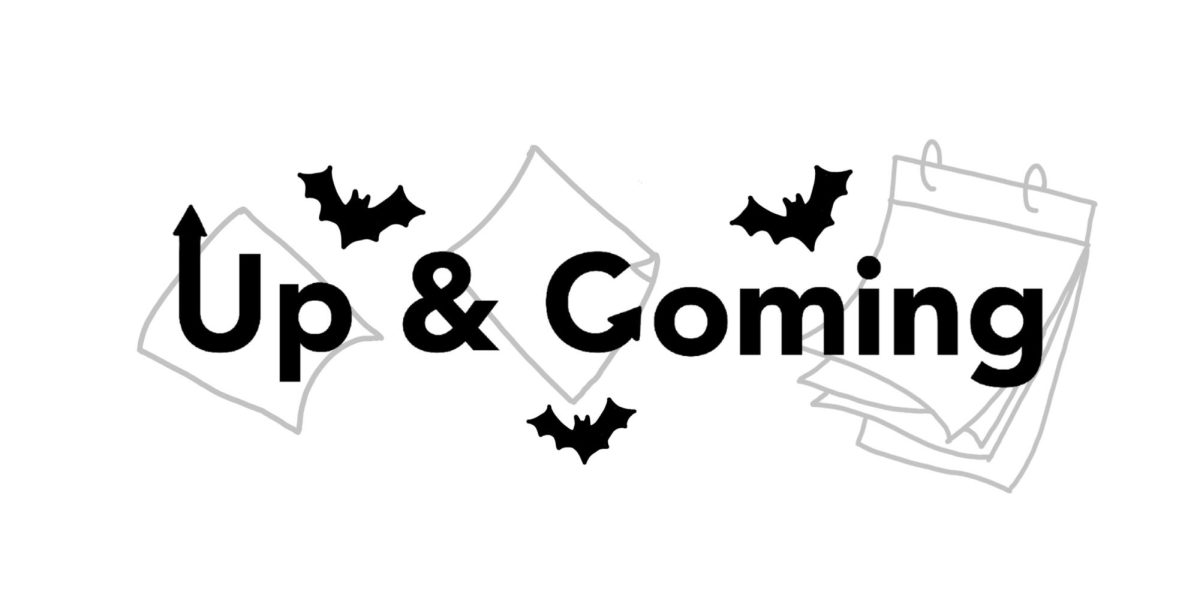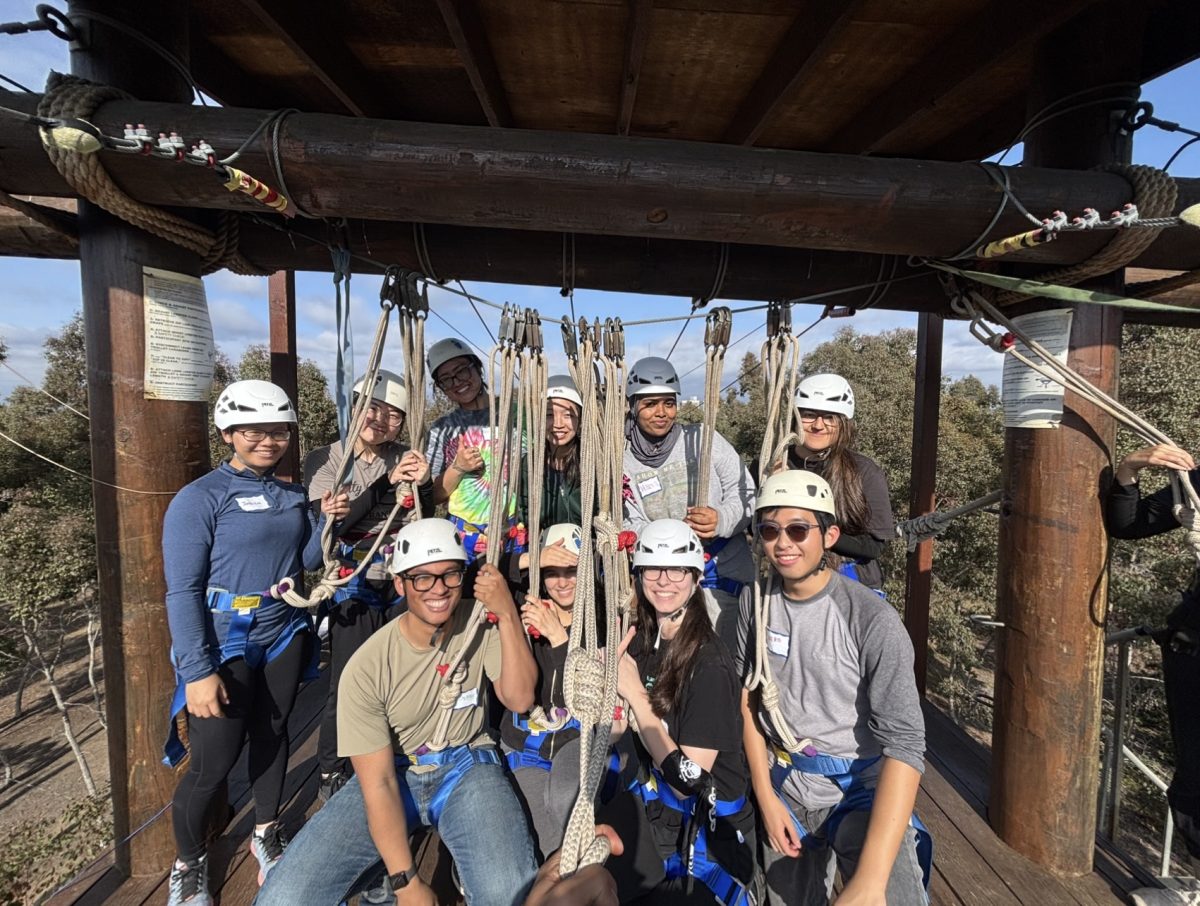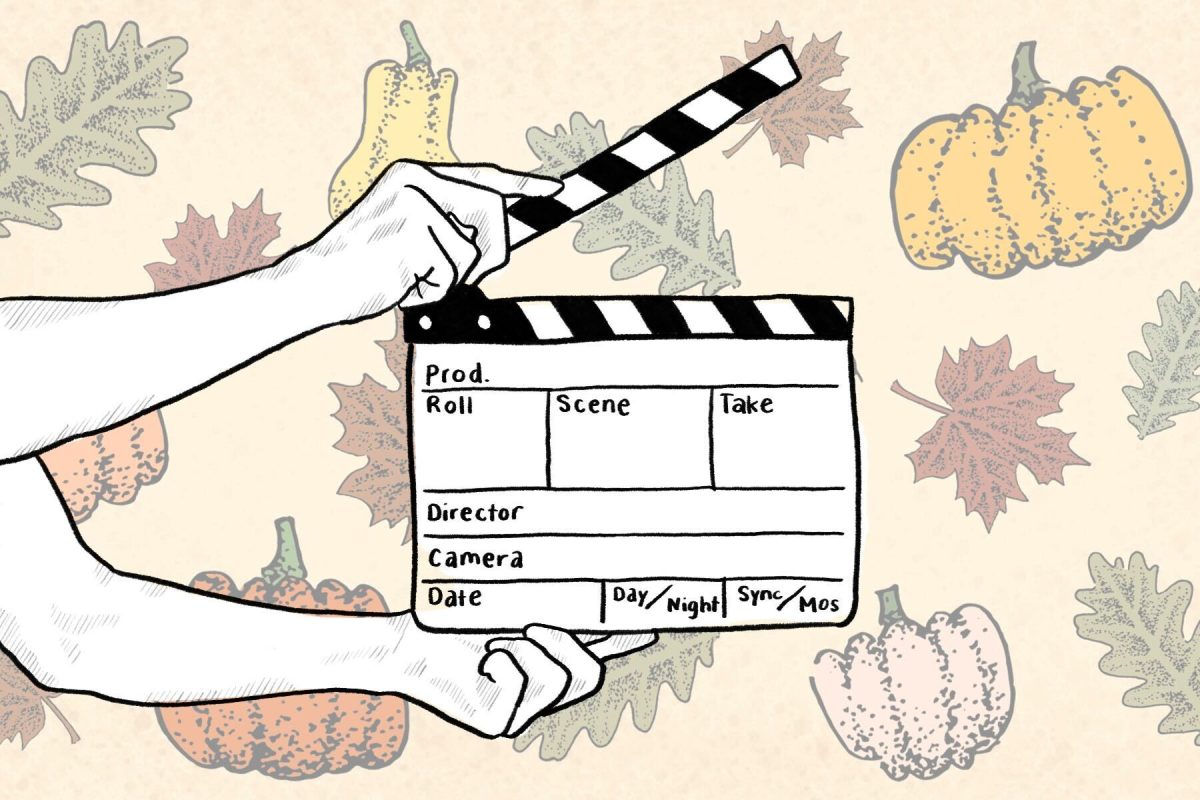At the ripe age of 5 years old, I received my very first journal. This Winnie the Pooh journal became the place in which I documented my life from 2004-2007. Added to it were large, uncontained words as if the letters themselves were begging to spill off of the pages. Among entries are the happenings of my little sister eating mango for the first time, swim lessons, and the wonders of everything being new. Back then, my journaling was inconsistent and half the time prompted by my mom’s suggestion to write. From my youngest ages, some entries were as short as one sentence or abruptly left mid-sentence due to my single digit-aged brain finding something else more interesting to do. Regardless, my first journal was my doorway entry to the concept of writing and documenting, unknowingly something that would later become a staple in my life.
After I took a liking to journaling, however inconsistent it was, I started accumulating more journals. Somehow I ended up with several, all untouched or lightly touched. Some say that book buying and book reading are two separate hobbies. Well, the same concept applies to journals. Have you ever browsed bookstores, seen a cool journal cover, and decided you needed it? Yep, me too, except that I was barely a decade old and somehow others had picked up on the fact that I thought journals were nice to look at, resulting in a popular gift to give younger me. My lock and key journal with the words “keep out,” my pink glittery journal that shed fake feathers like fur on a dog that triggers allergies, and my magnetic journal that was similar to refrigerator poetry all sat staring back at me.
Up through 2011, pencils touched their pages only every few months. Then one day towards the end of 2011 while swiveling around in the cream colored family room chair during one of these spaced out occasions, I flipped to the very end. Its blankness saddened me but the thought of seeing what it would be like to fill a journal up excited me. The kid in me simply wanted to see what it would be like to reach the last page, a feat that felt like a marathon at the time. New Years was coming, so I decided that I’d start daily journaling on January 1st, 2012. I was 12.
Looking back, I’m shocked by my commitment to write everyday. I wasn’t some child writing prodigy, in fact my writing experience up until that point was mainly taking 3 hours to write 3 sentences for whatever schoolwork I was working on. It was uncomfortable and felt silly, and yet somehow I forced myself to continue. I cared way too much about spelling, grammer, and punctuation. I’d write about my day-to-day life and usually kept it to a highlight reel because at that point I was still heavily censoring myself. Certain spots around the house, exciting new pens and pencils, and rainy days were and still are oddly motivating. By the time I finished the 6-ish journals I already had, it became necessary to number them on the inside of the cover for future reference. It was an exciting event to make the trip to the bookstore for my next one and 6 finished journals turned into 10, which turned into 20, which turned into my now 33 finished journals. What started as a dare to myself changed my writing and changed me.
A motif in my life has been learning how to step out of my own way. This goes for a plethora of areas, but in terms of writing, I would always claim to have writer’s block and never work to get past it. I also had the belief that I didn’t have what it took to be “a writer.” Because I had set the rule for myself that I had to put something down on at least one page every day, I learned that overcoming writer’s block, and mental blocks of any kind, is always possible. Once, in third grade when I was struggling to write, an old teacher performed a little demonstration that turned out to be hugely impactful. She set a timer for 1 minute and told me not to think. I sat there in utter silence minus the ticking of the clock. After the minute was up, she asked me if it was a success. Obviously it wasn’t, which conveyed her point that if I had thoughts, I had words to write down on paper. From then on, I learned to write what I was thinking before I had time to judge it. This stream-of-consciousness method, rarely lifting my pencil, was a way of bypassing whatever is in our brains that prevents us from getting down what’s already circulating within us. Some call it “brain dumping,” others call it ”free writing.” The book, The Artist’s Way, calls it “morning pages,” but regardless, this type of journaling is what has helped me round up anxious thoughts as well as tap into my creativity that quietly slips under the external chaos. I view brain dumping as a personal maintenance system.
Writing consistently in my journal without the pressure of being seen has made my writing process much less painful when it comes to writing for classes, newspaper articles, and even everyday emails and general correspondence with different people across all kinds of platforms. Because of my daily writing, I’ve jumbled and unjumbled words and their arrangements and meanings far more than I would’ve otherwise. Because of my daily writing, I’m a better communicator. I in no way feel as if I’ve “arrived” at some writer’s destination, nor do I ever want to. Instead, I want to keep writing and seeing how journaling continues to play a role in my life venture.
As I was brainstorming this article, I realized that, in a way, the fact that it’s been 9 years since I started could work against my hope to convey every day journaling as attainable. Others’ reactions to learning about this endeavour of mine were much more positive my first couple of years because I hadn’t been doing it for that long. After that, I began sensing that it was coming across as distant. Recently I was even in a Zoom breakout room and the conversation got to journaling. When asked, I explained how I write every day and have been for awhile. Immediately I heard responses akin to “oh I could never do that” and “there’s no way.” To those in my breakout room and to you reading this now, actually, yes, it is very much possible and based on my experience, the outcomes are only positive. If you have considered journaling or not, I encourage you to get out there, buy a journal that calls your name, and start writing!
Artwork courtesy of Ava Bayley for The UCSD Guardian










Joseph • Jan 27, 2021 at 2:34 am
This is great, because these writing skills will greatly help you in the future. Now, when getting an essay assignment, many people have a slight panic. But do not worry when you have already mastered the skills of writing, or you have a good service in mind that will do everything for you, view more here